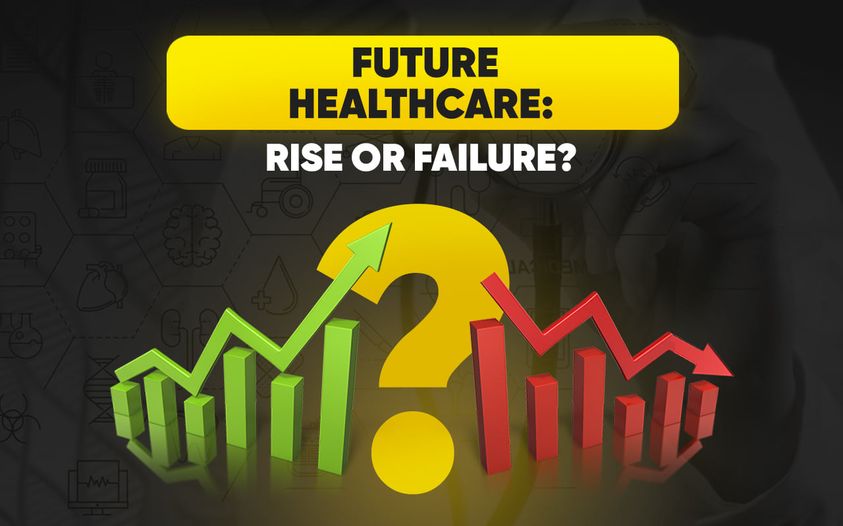News Trends in health tech investments.
Trends in health tech investments.

A year ago, our annual insights report revealed a fast-growing health tech sector. We noted that nimble and consumer-focused health tech innovators had begun to fill the gap between current and future needs, enabling a path toward the Future of Health™.1 But a year is a long time in this fast-paced sector—and 2020 was an exceptionally long year. As it did for all industries, the COVID-19 pandemic created an unprecedented crisis for the health care industry. It triggered rapid and large-scale responses, such as a reliance on virtual care delivery, an increased focus on mental health and well-being, and a push for quicker drug and vaccine candidate discoveries. Health tech innovators were critical to this response.
Venture capital funding for health tech innovators is often considered an important indicator of their value propositions and potential for long-term success. The Deloitte Center for Health Solutions recently analyzed the latest venture capital funding data from Rock Health’s Digital Health Funding database and interviewed 15 health tech investors—venture capitalists (VC), private equity investors, and corporate venture capitalists (CVCs)—to understand their focus and long-term priorities. Here is an overview of our findings:
Venture funding for health tech innovators, at US$14 billion, almost doubled in 2020 compared to 2019 based on Deloitte’s analysis of Rock Health database, and the growth will likely continue unabated in 2021. Many investors, including CVCs, see the postpandemic era as the beginning of a multiyear opportunity rather than a bubble.
Health tech innovators focused on developing products that align with Deloitte’s vision for the Future of Health. Specifically, products and solutions that address well-being and care delivery, along with open, secure data and interoperable platforms, are likely to continue receiving the lion’s share of funding in 2021 and beyond.
Health tech initial public offerings (IPOs) and large-ticket mergers and acquisitions will likely accelerate. In addition, special purpose acquisition companies (SPACs) have emerged as a possible viable avenue for innovators seeking to go public.
Outside of the United States, Israel and China are emerging as countries with interesting innovator and investor activities.
At the intersection of health care and technology, health tech innovators have a unique place in the Future of Health, but they face some challenges. These include demonstrating effectiveness and market opportunity beyond pilots, managing sales cycles and capital, and navigating regulations—to sustain and thrive in this future.
Investors, especially CVCs, can support the innovators and the industry in general. Innovators could bring transformative business models and a consumer-centric approach. However, it is imperative for investors, including industry incumbents, to coach innovators and support them with industry and regulatory expertise, in addition to capital, to accelerate toward the Future of Health together.
Growth in venture capital funding for health tech innovators, at record levels in 2020, will likely continue unabated in 2021
In 2020, venture funding for health tech innovators crossed a record US$14 billion. Even as the economy and industries, including the health care industry, reel under the impact of the COVID-19 pandemic, venture funding for these innovators nearly doubled in 2020, compared to 2019.
Official resources:
